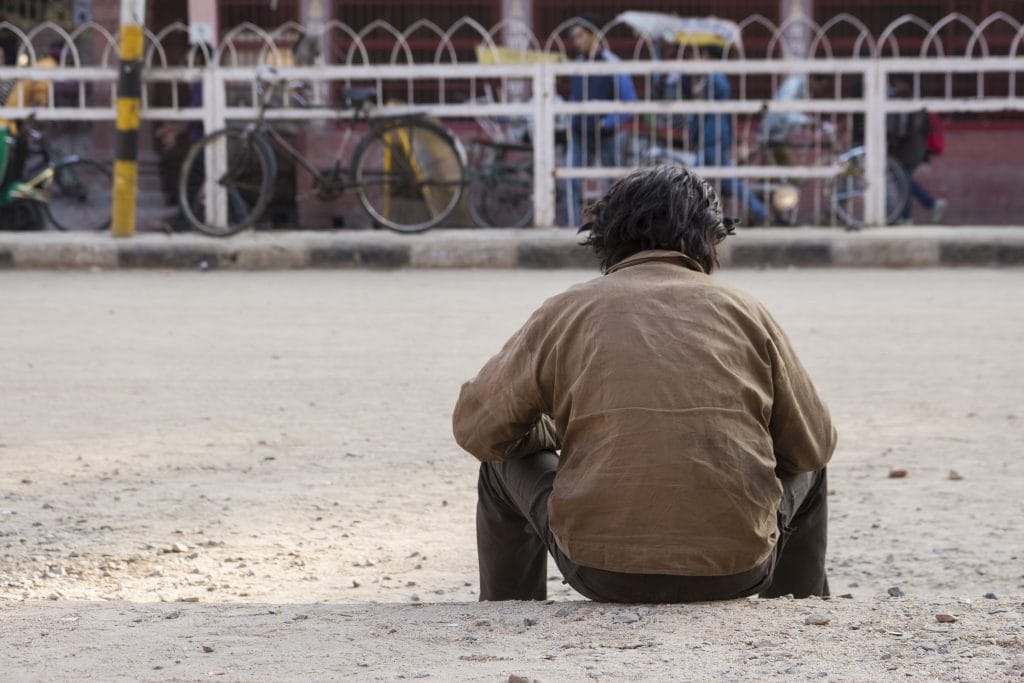One in seven Indians are affected by mental health conditions, according to a recent study conducted by the Indian Council of Medical Research.

The study found that roughly 197 million persons were affected by mental disorders in 2017. The conditions surveyed included depression, anxiety disorders, schizophrenia, bipolar disorders, idiopathic developmental intellectual disability, conduct disorders, and autism.
Depression and anxiety disorders were the most common conditions. In total, 45.7 million people experienced depressive disorders. Anxiety affected 44.9 million people.
The paper – published in Lancet Psychiatry under the title “The burden of mental disorders across the states of India: The Global Burden of Disease Study 1990-2017” allowed comparisons to take place in terms of the disease burden over the course of nearly three decades. With this in mind, the prospects may be grim.
It was found that, since the inception of the study period, the overall burden of mental health issues within India has roughly doubled. This could suggest a number of contributing factors that may be leading to worsening psychiatric situations, such as pollution, lifestyle factors such as poor diets or lack of exercise, or social matters such as impoverishment.
Alternatively, the doubled rate of mental health cases could be accounted for by improvement in diagnostic services in recent decades. In addition, reduced social stigma regarding psychiatric disorders may be alleviating somewhat. However, the latter is likely to be an overly optimistic take, as many mental health professionals throughout the country have been vocal regarding ongoing stigma and surveys of the Indian populace have uncovered prejudicial attitudes towards those affected by psychiatric disorders harboured by significant swathes of the population.
Concerning schizophrenia, “due to the stigma and lack of awareness and lack of accessibility to proper mental health care, it takes anywhere between one year to fourteen years or more for [a] patient to seek treatment after suffering from schizophrenia and psychosis,” wrote Dr Madhusudan Singh Solanki earlier this year.
Likewise mental health services could possibly have improved since 1990, yet they remain woefully inadequate. Mental healthcare accounts for just 0.16 percent of the government budget for health. In addition, there is an acute shortage of psychiatric professionals in the country. Data indicates that there are 0.3 psychiatrists, 0.12 psychologists and 0.07 social workers for every 100,000 Indians, leaving even those who have overcome stigma and are seeking mental healthcare to struggle alone.
“Community-level mental health care and integration of mental health services with other aspects of health care should receive high priority from State governments to improve mental health promotion and care,” said Dr Vinod Paul, a member of government think tank Niti Aayog. Indeed, if India is to cope with its rising tide of mental health issues, far more must be done and the conditions must be treated with the severity they deserve.
Contact details for mental health support in India can be accessed here.
If you are suicidal or experiencing suicidal thoughts, visit your nearest hospital or contact AASRA on 91-22-27546669 or Sneha India on 91 44 24640050 helpline. A list of other suicide helplines can be accessed here.


thanks for awaring me…very informative article…thanks again